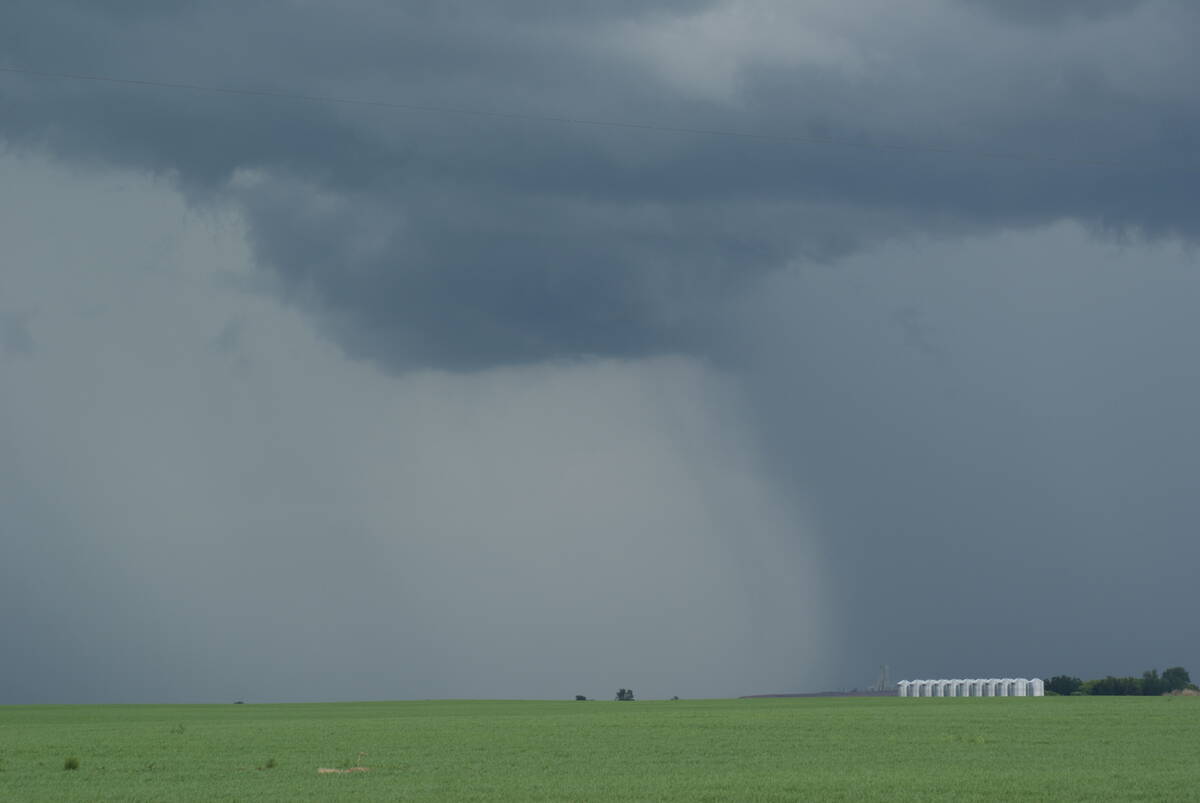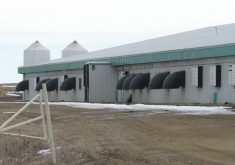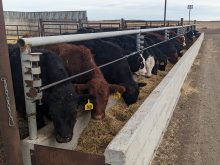Glacier FarmMedia – Farming has always been hard. But is it possible that it’s harder than ever before?
What if there were new financial tools that could help farmers buffer short-term risks, encouraging on-farm innovation that would build longer-term resilience, stewardship and economic opportunity?
Major crop losses from severe weather and increased seasonal variability are becoming the new normal for farmers. Disaster relief programs, such as AgriRecovery, which were once rarely used, are now being drawn from almost every year. Input bills are soaring, and farmers are concerned about profitability.
Read Also

Farm writers descend on Winnipeg for eye-opening conference
Digital editor Greg Berg reports on the Canadian Farm Writers Federation conference held in Winnipeg in September 2025.
Could new tools that encourage on-farm innovation help confront mounting risks?
Imagine financial tools that help farmers build resilience to increased unpredictability through soil health and nutrient management improvements, while also protecting farm income through profit optimization, improved financial borrowing options and business protections.
Other countries are trying these de-risking tools. In the United States, the Innovation Assurance and Growers Edge Crop Plan Warranty pay producers if a resilience-building practice change results in a yield, profit, or revenue loss.
The Nitrogen Rate Risk Protection program pays farmers a set rate per acre when changes to fertilizer use lead to yield loss, and the Crop Insurance Discount Program offers producers a per-acre discount on crop insurance premiums when they plant cover crops.
Best Management Practices insurance programs, which protect farmers’ profits when adopting new stewardship practices, are established elsewhere, including the Willis Tower Watson’s Nitrogen Risk Insurance in Australia, the U.S. BMP Challenge and the NatureX RMS trial in North America.
Farmers for Climate Solutions has launched a de-risking on-farm innovation project that builds on programs like these, focusing on nutrient management and soil health as a starting point. Working in collaboration with our project partners, the Smart Prosperity Institute and the Nature Investment Hub, we’re engaging with a broad range of financial, value chain, and insurance sector actors to test new tools, like profit guarantees, BMP insurance, premium incentives and sustainability-linked loans.
Our goal is to improve profitability, reduce variability and boost resilience by de-risking on-farm innovation. We’re starting in Ontario and will expand to the Prairies and Atlantic Canada in future growing seasons.
Innovation on the farm requires innovation elsewhere, too. If done right, it can unlock smart new investments in our sector.
These new financial tools would help balance our sector’s risk response with proactive resilience-building innovation on farms. At the same time, they would deliver strong financial returns and environmental improvements, making them attractive across the value chain.
Right now, Canada falls far behind our international competitors in terms of attracting these kinds of smart investments. In 2025, the U.S., Europe, Asia and Latin America had up to eight times more investment in resilience-building innovation than Canada. New tools might attract more dollars into our sector.
In a sector on the front lines of mounting risks, we take a backseat if we’re just reacting. We can drive change if we lead with on-the-ground innovation that proactively manages short- and long-term risks and improves returns, farmer well-being and the future of Canadian agriculture itself.
With the right tools, we cannot only manage risks but also boost on-farm profitability and enhance stewardship — while attracting the visionary investment that will drive our sector forward.
Karen Ross is executive director of Farmers for Climate Solutions.















